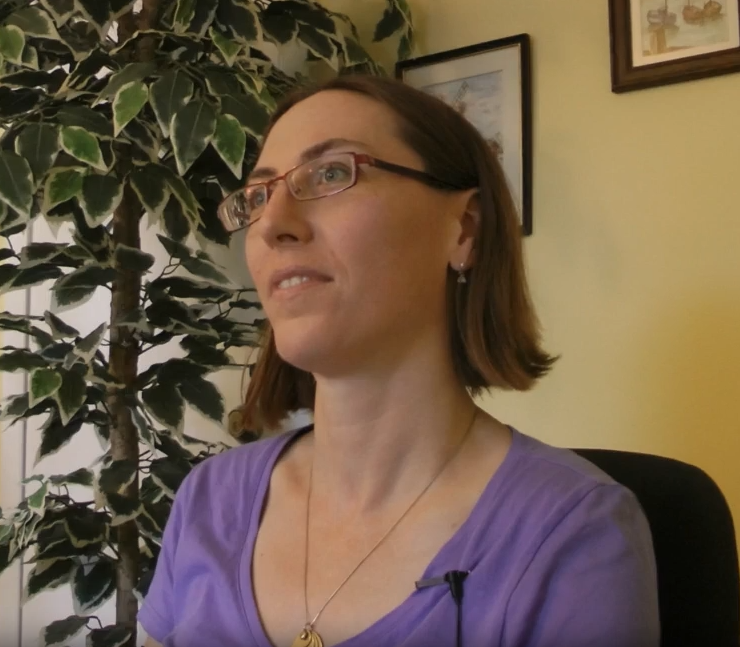Amanda1

Age at interview: 38
Amanda is married and has had 4 children over the past 9 years; the first 2 (twin boys) were stillborn, followed by 2 miscarriages before the live births of first, her daughter, and then her son. She blamed her own body for the deaths of her boys and the subsequent miscarriages and has never received a formal medical explanation for her problems but grew to understand that these events are very real risks in pregnancy and childbirth. Amanda did not cope well following the deaths of her sons and miscarriages, and spent most of her pregnancy with her daughter in fear that her daughter would die or that Amanda would cause her death too. Prior to this pregnancy, she was diagnosed and treated by her family physician for postnatal depression. She only began to feel better when she joined a bereavement group where she met other women grieving the death of children, and when she went back to work – when she realized that she did feel a special connection to her daughter and missed her very much. Amanda and her family work hard to keep the memory of her 2 sons alive, celebrating their birthday and making them a part of their daily lives so they are not forgotten. Amanda believes that her experience with postnatal depression has changed her in important ways – she has more empathy and understanding of mental health problems and is more comfortable with death. She regrets that a few friends and colleagues chose to break ties with her once her condition became known to them. Amanda is doing very well now, feeling very connected to her son and daughter, working full-time as a health sciences librarian, and is active as a volunteer in groups that support women with postnatal depression. She is keen to share strategies and lessons from her experience to help others. She worries a little about depression in the future but feels that if it does occur, she is better equipped to handle it and knows where to find support. She urges family members of women with mental health problems in pregnancy to not be afraid to ask the hard questions (such as about potential self-harm) and advises other women with such problems to focus on the longer-term rather than the immediate challenges. She stresses the importance of healthcare inter-professional communication to respond to mental health problems around the time of pregnancy.
More content
- Advice for Women with Perinatal Mental Health Issues – Amanda1 (clip 2)Amanda1 advises to just think about what you need to do tomorrow - and the rest will take care of itself.
- Advice for Women with Perinatal Mental Health Issues – Amanda1Amanda1 encourages family members to ask direct, albeit difficult, questions.
- Advice for Health Care Providers – Amanda1 (clip 2)Amanda1 says an overwhelming 'information dump' challenges new moms.
- Advice for Health Care Providers – Amanda1Amanda1 feels that professionals should communicate directly with each other, and not rely on patients for information.
- Sharing Experiences – Amanda1At first Amanda1 didn't recognize herself in other people's stories, but the group helped her realize that others were going through the same thing.
- Medication and Treatment Approaches – Amanda1Amanda1 was nervous about taking antidepressants (Celexa) during pregnancy, so stopped taking them but needed to resume post-delivery.
- Seeking Help and Getting Diagnosis – Amanda1During a visit to the breastfeeding clinic, the nurse noticed that Amanda1 was not feeling well and arranged for her to see the family doctor right away.
- Work, Finances and Mental Health – Amanda1Going back to work was a turning point for Amanda1 in overcoming her depression.
- Relationships – Amanda1In trying to support Amanda1, her husband also struggled with the challenges of her depression.
- Managing New Routines – Amanda1The social worker in Amanda1's group therapy motivated her to get out a bit more which helped her process the changes.